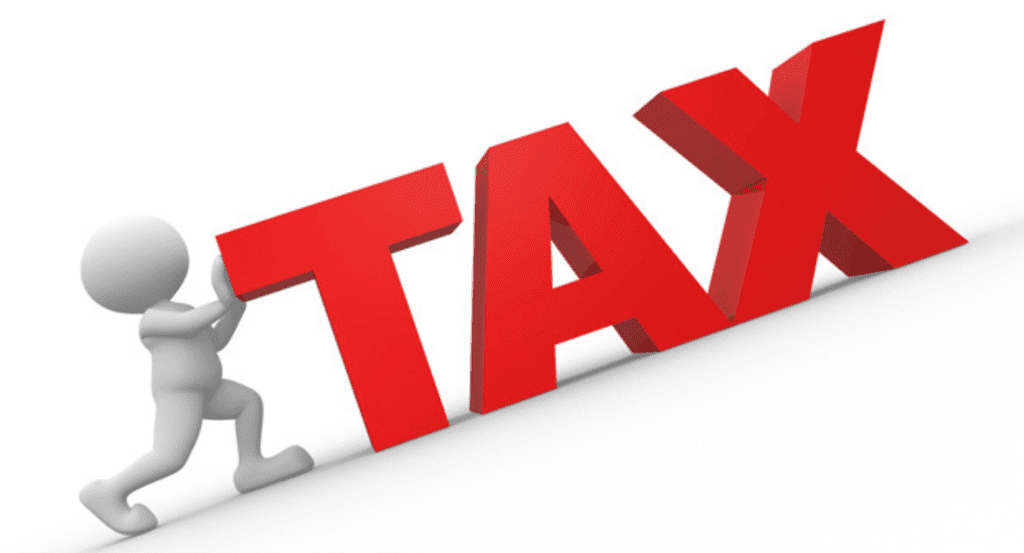The ongoing debate surrounding the proposed tax reform bills has taken a new turn as Northern Senators convened a closed-door meeting to deliberate on the implications of the proposed legislation. This comes after the bills scaled through the second reading in the National Assembly. The reform, which includes restructuring the tax framework and revising the revenue allocation formula, has stirred mixed reactions across various political and economic groups.
One of the core elements of the tax reform bills is the proposal to allocate 55% of Value Added Tax (VAT) revenue to states, a shift from the existing revenue-sharing formula. Proponents argue that this redistribution will empower states financially, enabling them to undertake more developmental projects. However, concerns have emerged over how this may impact federal government allocations and the capacity of states to manage the additional funds effectively.
Senator Ali Ndume, representing Borno South, has been one of the most vocal critics of the tax reform bills. He raised suspicions about the urgency of the legislative process, questioning why such significant reforms are being pushed through at an accelerated pace. Ndume expressed fears that the bills could deepen the economic burden on ordinary Nigerians and worsen intergovernmental financial conflicts. Speaking further, Ndume emphasized that while he supports reforms to strengthen the economy, transparency and inclusiveness in the legislative process are crucial. “I’m not against reforms, but the rushed passage without proper consultation is suspicious,” he stated.
Meanwhile, during the general debate preceding the second reading, Northern Senators expressed diverse perspectives on the proposed reforms. While some argued in favor of the potential benefits for regional development, others echoed concerns about implementation challenges and fiscal responsibility. The Senate President assured Nigerians that their concerns are being taken into account, promising that the bills would undergo rigorous scrutiny at the committee stage to ensure they serve the broader national interest.
Economists have highlighted that the proposed reforms could have far-reaching implications for Nigeria’s fiscal structure. Supporters of the bills argue that the increased share of VAT revenue to states could reduce over-dependence on federal allocations and enhance grassroots development. However, critics worry about a potential increase in the VAT rate or the introduction of new taxes to sustain the new revenue-sharing model. As the legislative process progresses, all eyes remain on the Senate, with stakeholders calling for transparency and public input in shaping the final framework of the tax reform bills.





















